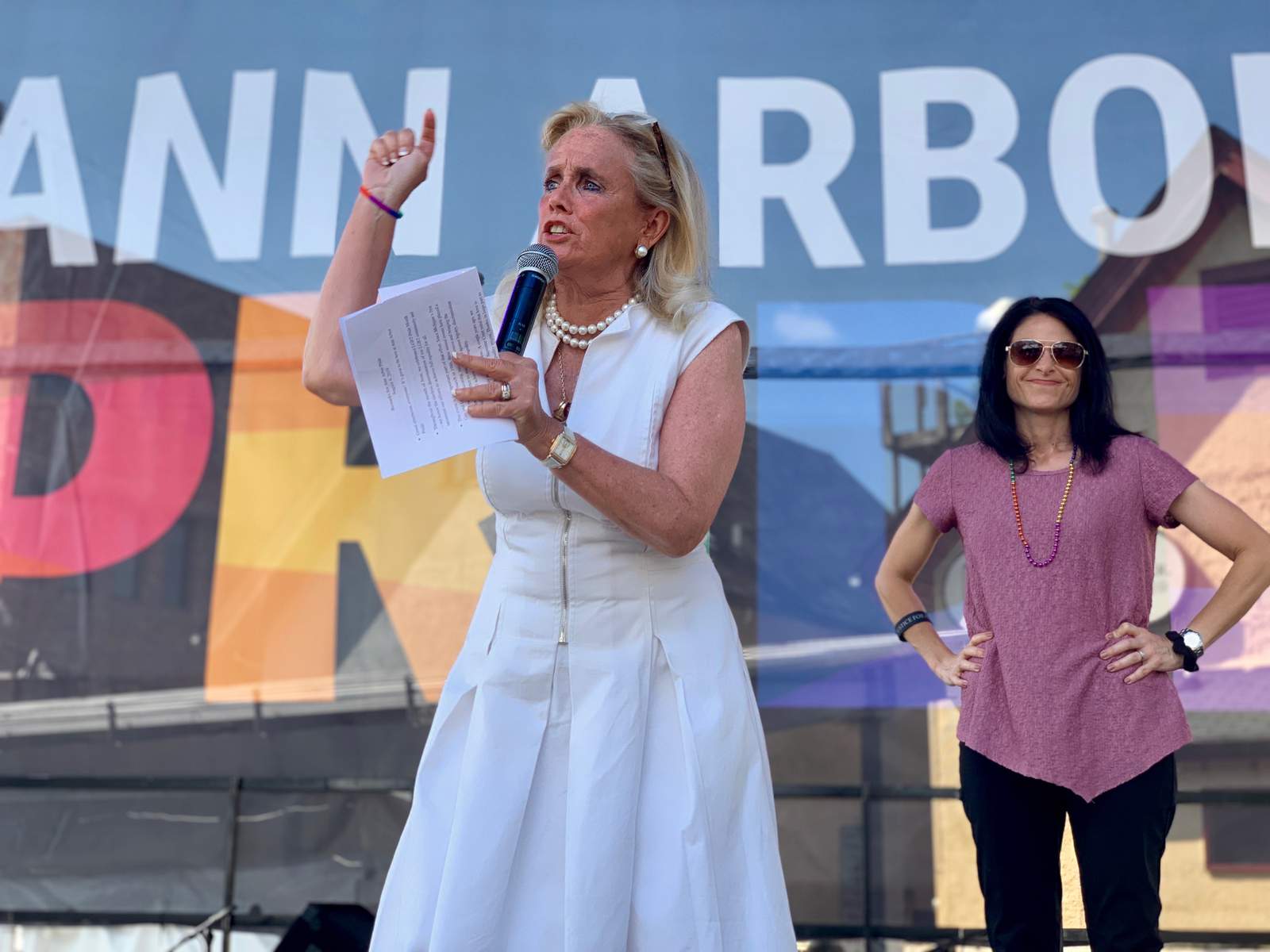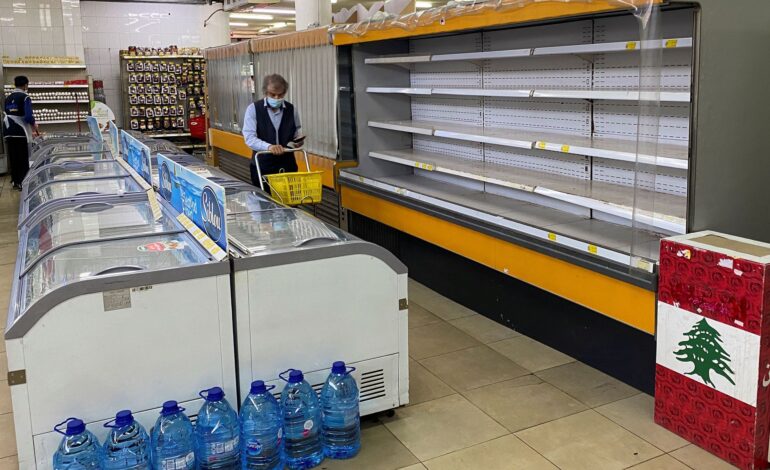DEARBORN — As a followup to several requests to the Biden administration to provide temporary protective status (TPS) to Lebanese nationals in the U.S., U.S. Rep. Debbie Dingell (D-Dearborn) sent a letter to the U.S. Department of State this week.
“Almost every single day, I hear from neighbors in my district who are desperate to help family members and friends in Lebanon, and some are risking their own safety to travel to Lebanon to provide medication and assistance to their loved ones,” Dingell wrote to the Department.
“(Given) the extraordinary hardship that the Lebanese people are facing, Lebanon must receive a designation of Temporary Protected Status to provide immediate relief for those seeking refuge and fully address the scale of the current economic crisis,” she added.
Dingell also wrote that given both the immediate and long-term needs, the Department should utilize its authority to support giving assistance to meet the needs of Lebanon’s health care system, including medicine and salaries for qualified medical professionals, through trusted intermediaries consistent with all U.S. laws and regulations.
The World Health Organization says almost 40 percent of Lebanon’s doctors and 30 percent of its nurses have left the country.
Dingell requested the Department continue supporting relief for the American University of Beirut to sustain it through Lebanon’s economic crisis. She says this loss of medical professionals and educators will hamstring any attempt to rebuild Lebanon’s health care sector moving forward.

U.S. Rep. Debbie Dingell (D-Dearborn)
(Given) the extraordinary hardship that the Lebanese people are facing, Lebanon must receive a designation of Temporary Protected Status to provide immediate relief for those seeking refuge and fully address the scale of the current economic crisis. — U.S. Rep. Debbie Dingell (D-Dearborn)
The letter says that since 2019, Lebanon has faced one of the world’s worst financial crises, which has had escalating impacts on the nation’s ability to support basic services for its citizens.
Lebanon’s currency has lost more than 90 percent of its value and more than half the population is likely below the national poverty line. This has sparked shortages of food, fuel and medical supplies and created an ongoing humanitarian crisis in the country that is without recent precedent, the letter pointed out.
“Earlier this month, Lebanon’s national power grid experienced widespread failure for a day due to lack of fuel for the country’s core power plants,” Dingell wrote. “Even prior to these outages, citizens received only a few hours of electricity each day. This severe economic crisis has compounded the ongoing political turmoil in the country.”
Dingell also mentioned the sectarian violence that emerged in the city’s capital earlier this month, echoing violence seen during the country’s Civil War. The violence erupted over a judicial investigation into the Beirut port explosion in August 2020.
“The security situation remains tenuous and uncertain due to longstanding regional challenges,” she wrote.
In August, during the height of Lebanon’s fuel and power crisis, Dingell joined college Rashida Tlaib (D-Detroit) in urging the Biden administration to designate Lebanon for Temporary Protective Status (TPS). They circulated a letter that had the influential co-backing of House Judiciary Committee Chair Jarrold Nadler (D-NY) as well as the chair of the subcommittee on immigration for the Judiciary Committee, Zoe Lofgren (D-CA).
That letter, which had 70 total cosigners, said the U.S. has long offered shelter to those seeking refuge from catastrophe and that the country should uphold that tradition and stand beside the Lebanese people in their time of need.
“What TPS can do is allow someone here on a non-immigrant visa, for example a student, a visitor or on a business visa, someone on a non-permanent residency, to have stability and not have to worry about visas expiring or meeting deadlines and other issues,” Tlaib, who has a background in immigration law, told The Arab American News at the time.
Dingell, as co-chair of the U.S.-Lebanon Friendship Caucus, had also asked the administration for support for Lebanon, especially for key institutions, including higher education institutions and the health system. The Biden administration had approved $98 million in aid to Lebanon during that time.






Leave a Reply